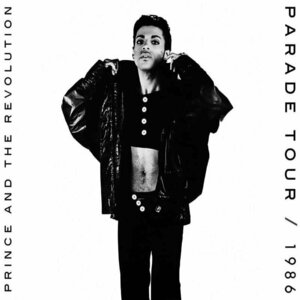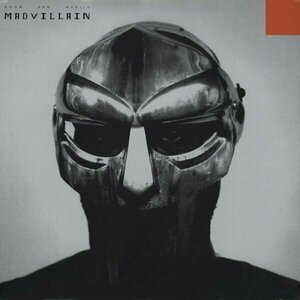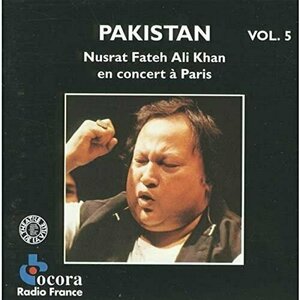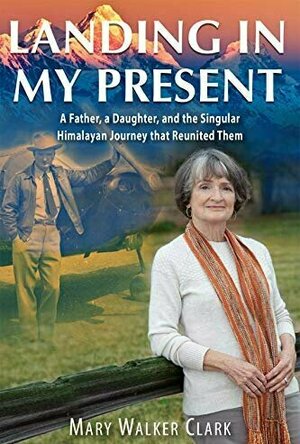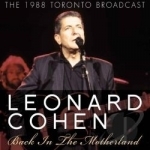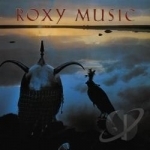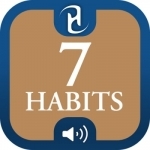
7 Habits of Highly Effective People, by Stephen Covey, Audiobook Meditation and Business Learning Program-Franklin Covey
Book and Business
App
BONUS! Get a Free Ebook With Your Download: NEW! Groundbreaking Audio Meditation App uses text to...
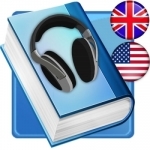
English Audio Books - Librivox
Book and Education
App
English Audiobooks - Librivox Learn English by reading and listening to "Audiobooks". If you know...
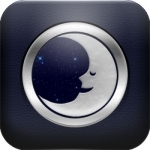
Soothing Sounds
Medical and Health & Fitness
App
Soothing Sounds is the ultimate soundscape app that and can help reduce stress and provides a...

TalkU Unlimited Calls + Texts
Social Networking and Utilities
App
Free calling & Free texting! Save 90% on International calls and texts. TalkU is a internet calling...
Britt Daniel recommended Parade by Prince and The Revolution in Music (curated)
Caribou recommended Madvillainy by Madvillain in Music (curated)
Graham Lewis recommended En Concert A Paris by Nusrat Fateh Ali Khan in Music (curated)
Landing in My Present by Mary Walker Clark got me hook, line, and sinker; and for someone who does not generally read biographies that is saying something. From the opening chapter, Mary Walker Clark drew me into her story and her journey to know her father better. I enjoyed the way she shared her journey; it was like a reading story full of learning, history, emotions, and some great life lessons. From finding old letters, listening to people who had known her dad, and traveling to where he had lived, Mary brought him to life before my eyes. I cannot even imagine how awesome and meaningful her adventure was for her and her family on a personal level.
“How do you broaden your relationship with someone who has been dead 50 years?”
This question stood out to me and was part of the challenge of Mary Walker Clark’s story. Can you truly know someone who died 50 years ago? Well, I think Mary Walker Clark got pretty darn close. From the start, Mary Walker Clark weaved in her childhood memories, historical details about the different planes her dad flew, personal letters from friends of her father… It made me feel like I was on the journey with her. Gleaning a little bit more knowledge of who her dad was. It was also interesting to see how her perspective of her father grew and changed over the course of the book; it was like watching something unfold before my eyes.
I think many people can relate to Mary Walker Clark’s family, from their early compartmentalization of feelings, their hard work ethics, and how they learned that life can pass much to quickly, leaving never enough time to feel like we truly know our family. They are so similar to the dynamics in my family and many others that I know of.
The research, emotions, and time that went into this book are amazing. I rarely find a book that makes me want to cry but Mary Walker Clark wrote with such forthrightness about her experiences that it caused me to think about how much history we are losing every day because we do not take the time to sit and listen to the people around us. I am so glad I read this book, and I definitely recommend it to anyone who likes WWII history. I learned so much about WWII that I did not know beforehand, and I learned the importance of writing down or passing down the history of your family.
I give it 5 out of 5 stars for the detailed WWII history, the way Mary Walker Clark drew a picture of her dad, and for the amazing journey that Mary Walker Clark took me on which involved me in every aspect of her journey.
*I volunteered to read this book in return for my honest feedback. The thoughts and opinions expressed in this review are my own.
